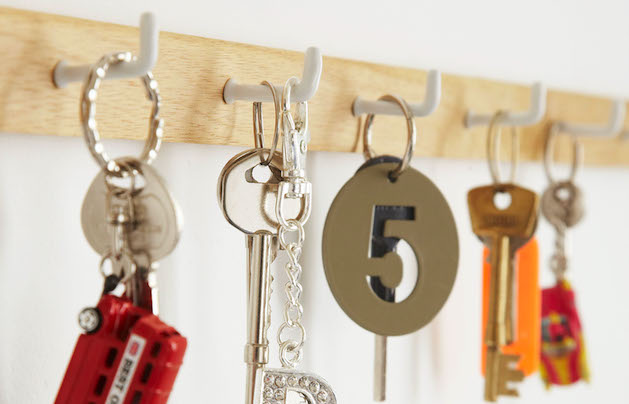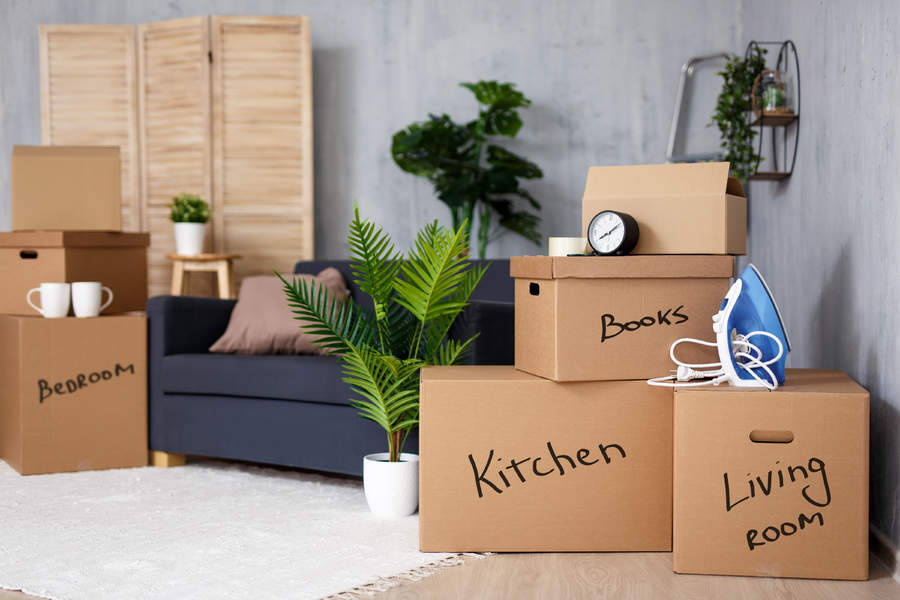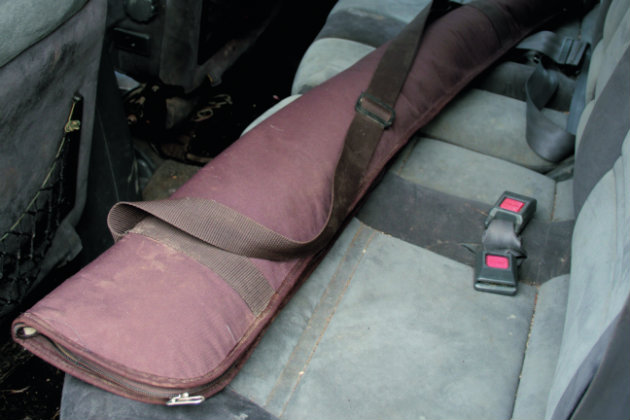Where should I keep my gun cabinet keys safely?
Here's what you need to know

Keeping your gun cabinet keys discreetly and safely is one of the major responsibilities of possessing a gun. Fail to do this and you could bring shooting and your sport into serious disrepute, which is not something any of us should ever do.
Of course you need to have a secure gun cabinet that is located in the right place and obeys the gun cabinet rules. (Read more on the best gun safes here.)
But that is only part of the story. Your gun cabinet keys need to be kept with the utmost security too. And that includes any spare sets you have. Here’s what you need to know.
Rules on gun cabinet keys
- Only the certificate owner should have access
- No unauthorised person should be able to open your gun cabinet
- Unauthorised people should not have access to the keys of the cabinet
- You cannot tell a non-certificate holding partner where the keys are
- Keep your gun cabinet keys on you or in a keysafe with a fingerprint lock
- Breaching these conditions is a criminal offence
A cautionary tale about gun cabinet keys
On Sunday August 10 1997 a police officer called at the house of Mr Mark Farrer. He wanted to inspect his firearms security. Mr Farrer was not at home. His mother, then in her 80’s, who did not hold a certificate, fetched the officer the key and allowed him access to the gun cabinet. The Chief Constable then declined to renew Mr Farrer’s certificate because he had allowed an unauthorised person access to his guns. He appealed. The case reached the Court of Appeal, presided over by the then Lord Chief Justice, Lord Bingham. The court agreed with the Chief Constable.
It might also be worthwhile reading about what happens if you want to list your shotguns as ‘shared’ on your shotgun certificate.

Your gun cabinet should be secured to an inner wall of your house
Don’t ‘hide’ keys in drawers
BASC says: “You should ensure you keep the keys to the cabinet in a place where they can’t be found easily. Remember that you are responsible for the security of the guns, and letting people who do not have a certificate (including family members) know where the keys are is not taking reasonable precautions to ensure that they don’t have access to the guns. Criminals are aware of the habit of “hiding” keys in a drawer, so think carefully about the hiding place. It would be sensible to consider changing that hiding place from time to time. Another option is to put the keys into a small combination safe – for which only you have the combination. Another option is a gun safe with a combination lock. Equal care should be taken to prevent anyone else knowing the access codes.”
If you happen to have a safety deposit box or similar arrangement with your bank it might be worth putting the spare set of keys to the safe in there.
What happens in the event of the certificate holder’s death?
- The certificate holder should allow for this by giving the executor of their will a sealed envelope with a letter containing information about the security cabinet and its key.
- The envelope should be clearly marked “Not to be opened until after I die or become mentally incapacitated”.
- A temporary permit may be granted to your executor or to one of your relatives by the chief constable (acting as the chief firearms licensing officer), which would enable the permit holder to dispose of your firearms.
- He must do this in accordance with the terms of your will.
You might also like to read about what happens to a shotgun when the owner dies.
This piece was originally published in 2016 and has been updated.








